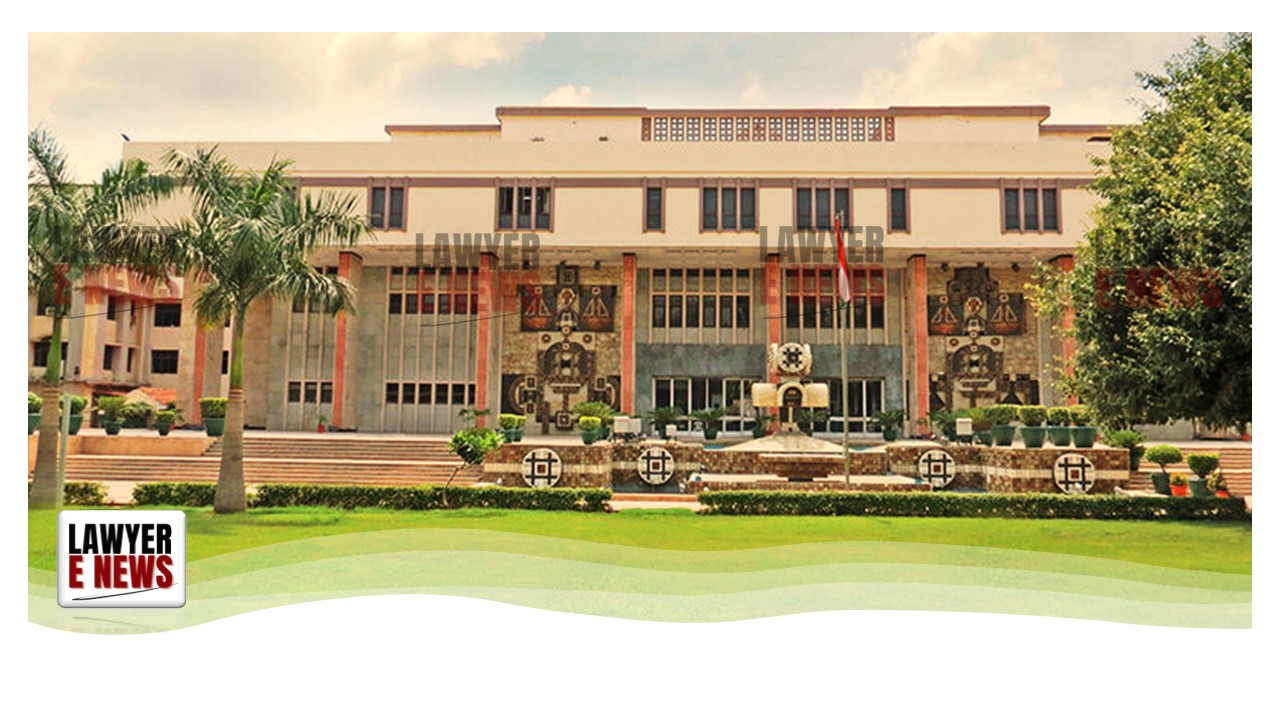-
by Admin
18 February 2026 2:25 PM



“There Is a Growing Tendency to Blame Advocates for Litigant’s Own Negligence”:- Delhi High Court dismissed a petition under Article 227 of the Constitution challenging three orders passed by the trial court in a civil suit for possession and mesne profits. The High Court upheld the trial court’s decision to strike off the petitioner’s defence due to her failure to file a written statement in time and refused to recall earlier orders despite her plea of improper legal advice from her previous counsel.
Justice Ravinder Dudeja ruled: “There has been a growing tendency amongst the litigants to blame their previous Advocates for their own negligence/default. Petitioner has only made a bald averment… no satisfactory explanation has been given.”
The respondent, Sh. Pukhraj Singh, filed a civil suit in 2023 seeking possession and arrears against the petitioner. Summons were issued to the petitioner multiple times and eventually served via affixation on September 15, 2023. Despite appearing on September 23, 2023, the petitioner did not file a written statement within the 30-day limit, nor within the 90-day extended period permissible under Order 8 Rule 1 CPC.
Consequently, on November 8, 2023, the trial court struck off the defence, stating: “No WS has been filed by the defendant despite service and lapse of statutory period. On account of non-filing of WS, defence of defendant is hereby struck off.”
Though referred to mediation, which failed, no further steps were taken by the petitioner to revive her defence or seek time for filing her written statement until much later in 2024.
The High Court was called to examine whether the trial court erred in striking off the defence and subsequently refusing the petitioner’s multiple applications under Section 151 CPC to recall orders and allow filing of written statement and evidence.
The High Court held that the delay in seeking relief was unjustified and that the petitioner had slept over her rights, only waking up after adverse developments in the suit. It observed: “The order dated 08.11.2023, vide which the defence was struck off, was never challenged. Even then, no request was made for grant of more time to file the written statement.”
The court also rejected the attempt to submit new documents such as a private FSL report and police complaint on allegations of document forgery, holding:
“Whether or not the signatures of petitioner on the rent documents are forged, is a matter of defence… After the defence is struck off, defendant gets limited right to cross examine, but cannot adduce independent evidence.”
On Counsel Negligence Argument
Rejecting the contention that former counsel’s incompetence led to the delay, the Court firmly stated: “Petitioner has only made a bald averment in the application that his previous counsel did not render proper legal guidance… Still the application was filed as late as on 11.09.2024 i.e. almost four months after replacing the previous counsel.”
Citing binding precedent, the Court reiterated that blaming legal representatives is no ground for setting aside procedural consequences absent a genuine, unavoidable circumstance.
Finding no perversity or illegality in the trial court's impugned orders, the Delhi High Court dismissed the petition, affirming that: “The provisions of Order 8 Rule 1 CPC being directory… no doubt, the length of delay may not be significant, provided the defendant offers justified reasons. Petitioner has not offered any justified reason.”
This decision stands as a strong reaffirmation of procedural discipline in civil litigation and discourages speculative or delayed tactics under the garb of “justice”.
Date of Decision: May 5, 2025
